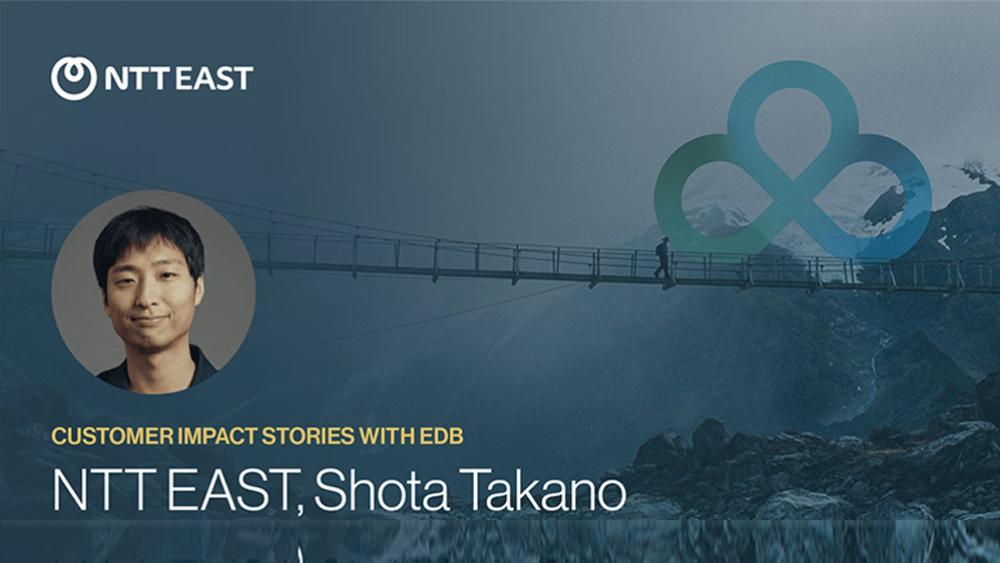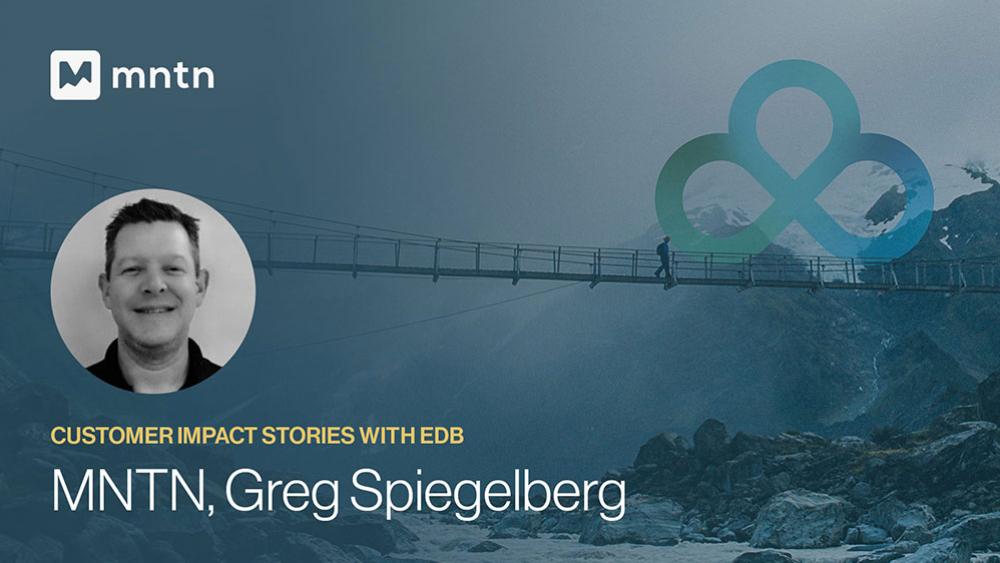STC Pay Builds a Leading Fintech App for the Middle East Market with Help from Postgres and EDB
Key Takeaways
- Achieved high availability and consistent agility for core customer-facing applications
- Migrated complex digital payment processing application to Postgres with the help of EDB Support
- Ensured integrity of valuable data thanks to EDB backup and recovery solutions
- Experienced improvements in both performance and stability with EDB-supported Postgres
Products
- EDB Failover Manager (EFM)
- EDB Postgres Enterprise Manager (PEM)
- EDB Backup and Recovery Manager (BARMAN)
- EDB Support
Industry
- FinTech
About stc pay
Described as the Middle East’s leading digital wallet, stc pay offers innovative digital fintech and payment solutions to customers throughout the region. Founded in 2018 and headquartered in Riyadh, Saudi Arabia, the payment software provider is “determined to build a digital economy in which all customers’ finances are safe, secure and simply fulfilled.” This customer-centric approach, combined with stc pay’s focus on innovation, has resulted in exciting growth as they’ve sought new ways to expand their market footprint.
Challenge
When deciding on the right database for their organization, stc pay knew that high availability and security were top priorities. As a fintech and payment application provider, the enterprise constantly handled massive amounts of data and hosted a large number of transactions on a daily basis. Being able to ensure that their customers could consistently access their application, while also guaranteeing that payment information was kept secure, were both critical to stc pay’s reputation and their ability to continue growing.
But their needs didn’t stop there. Since its inception, stc pay has been defined by its desire to innovate—providing intuitive, agile and dynamic solutions. To quote Database Team Lead Ibrahim Kawash, stc pay likes to think of themselves as “restless.” Of course, to maintain that reputation, their database needed to be as innovative as they are.
Solution
Driven by the desire to innovate, stc pay’s management decided to leave MS SQL in February 2022 in favor of Postgres. This made stc pay the first enterprise in the region to host their core application via an open source database, a significant landmark.
But the decision to choose Postgres was about far more than market milestones. Growing and evolving at the rate that they were, stc pay found a database that could grow with them and their application, ensuring the constant uptime and accessibility that customers demand from their financial apps. Regarding database availability, downtime is money—a fact of which stc pay was acutely aware.
Finally, the choice came down to cost, as it often does. “Looking at Microsoft or Oracle databases, it just wasn’t feasible from a cost perspective,” Kawash told us. For businesses like stc pay, this is a critical consideration. Rapid growth is only achievable when an enterprise isn’t sinking funds into a database that doesn’t support their ambition. With Postgres, they found a solution that aligned with their needs and ambitions while not putting financial strain on the company that might ultimately hamper those ambitions.
stc pay executes a complex Postgres migration with the help of EDB
stc pay’s Postgres journey took place over stages, as such migrations often do. Rather than abandon the SQL Server completely from the get-go, they began moving specific applications to Postgres one by one.
stc pay began working with EDB. Throughout that time, the value of Postgres support became clear to the company.
That value only became clearer once stc pay decided to migrate their core fintech application to Postgres—a complex process that would require attentive expertise given the importance of the solution both to stc pay and their customers.
“From a database perspective, we’ve seen great performance and stability. This is really what convinced us to use Postgres to host our new fintech application. We’d been using it to host others previously, but it quickly became clear that this would be a good home for our latest offering as well,” explained Kawash.
So, with the help of EDB, they embarked on this migration. Whenever the enterprise experienced hiccups during their journey, EDB support was there to help them address the issues and reestablish their trajectory.
As Kawash related: “There were numerous instances when EDB helped us. During our migration, the support team was crucial to helping us identify the root cause of a given issue.”
stc pay builds customer trust with backup and recovery
Since stc pay began working with EDB, the company has upgraded to Platinum Support status based on the success of their Postgres migration. It has also invested in much more than just support.
As a major fintech application provider, stc pay understands the importance of the trust it has built with its customers. The provider appreciates and is aware of the lengths it must go to preserve this positive relationship. As such, it has leveraged EDB’s Failover Manager (EFM) and Backup and Recovery Manager (BARMAN) to ensure the constant security and integrity of their customer base’s data and funds.
Integrated with EDB’s Postgres Enterprise Manager (PEM), these solutions have helped stc pay keep its core application running with ‘five nines’ of high availability, allowing its data to grow without the fear of a crash that might shut down their infrastructure.
Results
According to Kawash, the benefits of running stc pay’s applications via Postgres were immediately apparent. “It was just much faster,” he explained.
This enhancement has made Kawash and his team extremely confident about the launch of their new financial application. With all other applications operating like never before, he is convinced that Postgres was the right choice as the latest addition to stc pay’s arsenal.
And it’s not just Kawash who feels this way. The performance improvements are being felt across the organization, with all teams supported to achieve their goals and customers better able to experience the full innovative potential of stc pay’s leading application. “I’ve gotten feedback on performance from everyone here,” Kawash underlined.
Considering that this is precisely what the organization had hoped for—a rapid, reliable, “Always On” customer experience—their enthusiasm for their new database home is contagious. “We’re the first in the region to be using the Postgres platform, and we’re proud to announce to everyone that we’re using Postgres,” Kawash told EDB. He added: “In friendly conversations with other companies here, I tell them about our performance improvements and how I would recommend Postgres.”
Future
As stc pay looks to the future—the launch of their financial application and influx of hiring—growth remains the name of the game. Over the last year alone, the company saw their user count grow from 700,000 active users to over 8 million. If the provider has its way, stc pay will only continue to see such remarkable progress. Luckily, the company now has a database that can support such expansion, one that won’t buckle under the weight of the enterprise’s exciting success.
This has been a significant boon for stc pay’s hiring as well, Kawash noted. Owing to the regional novelty of the Postgres database and stc pay’s reputation for innovation, it’s been easy to find new team members looking to work with the organization—a necessity when you’re growing at the rate stc pay has witnessed. Plus, Postgres’ ease of use has made training new hires much more accessible than might have been otherwise. “A lot of the people we’re hiring come from an Oracle background,” Kawash explained. “But it’s been swift and straightforward to get them started on Postgres.”
Postgres has proven to be the ideal partner for stc pay, demonstrating exceptional agility and consistency. Their future is looking bright.



